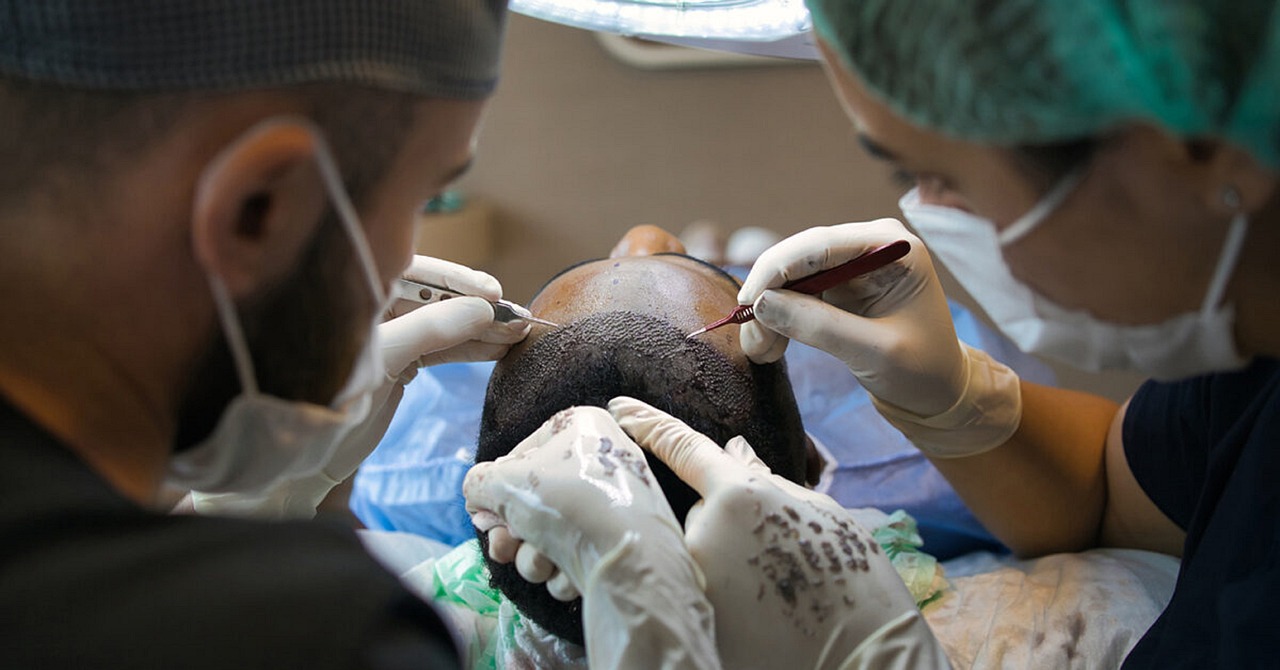Hair plays a significant role in personal identity, self-image, and societal perception. For many, hair loss is more than a cosmetic issue—it can impact self-esteem, cause emotional distress, and even affect professional and social interactions. As a result, albania hair transplant surgery has emerged as a popular solution, promising not just a fuller head of hair but potentially a renewed sense of confidence. But does undergoing a hair transplant truly lead to increased confidence? This essay explores that question from psychological, social, and medical perspectives, offering a comprehensive understanding of the potential impact of hair restoration on one’s self-assurance.
The Psychological Impact of Hair Loss
Hair loss, particularly among men, is commonly associated with aging and sometimes even perceived weakness. In a society that places immense value on youth and physical appearance, thinning hair can undermine one’s confidence. Numerous studies have linked hair loss with increased anxiety, social withdrawal, and even depression. For women, the psychological toll can be even more severe, given that female hair loss is less socially accepted and often stigmatized.
Self-esteem is intricately linked to body image, and hair is a central component of that image. When individuals no longer recognize themselves in the mirror, it can create a disconnect between their internal identity and external appearance. This dissonance can result in a feeling of helplessness or dissatisfaction, especially when no non-invasive solutions seem effective. These emotional effects can accumulate over time, impacting everything from social life to professional ambition.
The Role of Hair Transplant Surgery
A hair transplant involves the redistribution of hair follicles from a donor area (usually the back of the scalp) to thinning or bald areas. The goal is to create a natural-looking hairline and restore density. With advancements in medical technology—particularly Follicular Unit Extraction (FUE) and Follicular Unit Transplantation (FUT)—hair transplants now offer more realistic, permanent results than ever before.
But beyond the physical transformation, patients often report a significant psychological benefit post-surgery. Many say they feel younger, more attractive, and more aligned with their self-image. This, in turn, can enhance confidence, reduce social anxiety, and even encourage more engagement in public or professional settings.
A study published in the International Journal of Trichology found that most hair transplant patients experienced significant improvements in self-esteem and satisfaction with their appearance. Similarly, anecdotal evidence from testimonials and interviews reveals that patients often feel a renewed sense of self-worth and optimism following the procedure.
Confidence: Internal vs. External Validation
However, it’s essential to understand that confidence is a multifaceted trait. While external changes such as improved appearance can contribute to self-assurance, true confidence is often rooted in internal validation. If a person heavily relies on their physical appearance to feel worthy, a hair transplant may offer only temporary relief. Without addressing the deeper emotional or psychological issues, the sense of confidence may waver with the next perceived flaw.
That said, for many individuals, restoring hair is not about vanity—it’s about restoring normalcy. It’s about looking in the mirror and seeing oneself again. When a hair transplant bridges the gap between one’s self-image and actual appearance, it can have a lasting positive impact on mental well-being. This is particularly true when expectations are realistic and the individual views the transplant as part of a broader journey of self-improvement or self-care.
Social and Professional Advantages
The benefits of increased confidence from a hair transplant often extend beyond personal satisfaction. In social scenarios, confident individuals are more likely to engage in conversations, form relationships, and participate in group activities. Confidence can also influence professional outcomes—how someone performs in job interviews, interacts with colleagues, or takes leadership roles.
While it’s problematic to tie personal worth to physical traits, the reality is that first impressions matter. A well-groomed appearance can affect how others perceive competence, trustworthiness, and energy. For someone who has been battling with hair loss for years, a hair transplant can act as a catalyst for improved self-presentation, thereby unlocking opportunities that may have previously felt out of reach.
Limitations and Considerations
It’s important to acknowledge that a hair transplant is not a cure-all. The procedure involves costs, recovery time, and potential risks. Moreover, results can vary based on the surgeon’s skill, the patient’s hair type, and the extent of hair loss. Unrealistic expectations can lead to disappointment and may even exacerbate feelings of insecurity.
Before committing to a transplant, individuals are encouraged to consult with both medical professionals and mental health experts. Understanding the motivations behind the desire for surgery is crucial. If the root of low confidence is more psychological than cosmetic, therapy or counseling might be a more effective solution.
So, will a hair transplant make you more confident? For many people, the answer is yes—but with important caveats. Hair restoration can help align your external appearance with your internal identity, offering a renewed sense of confidence and social ease. It can positively impact self-esteem, reduce self-consciousness, and improve overall quality of life. However, it is not a substitute for deeper self-acceptance or emotional well-being. When combined with realistic expectations and a healthy mindset, a hair transplant can be a transformative step toward greater self-confidence and happiness.
